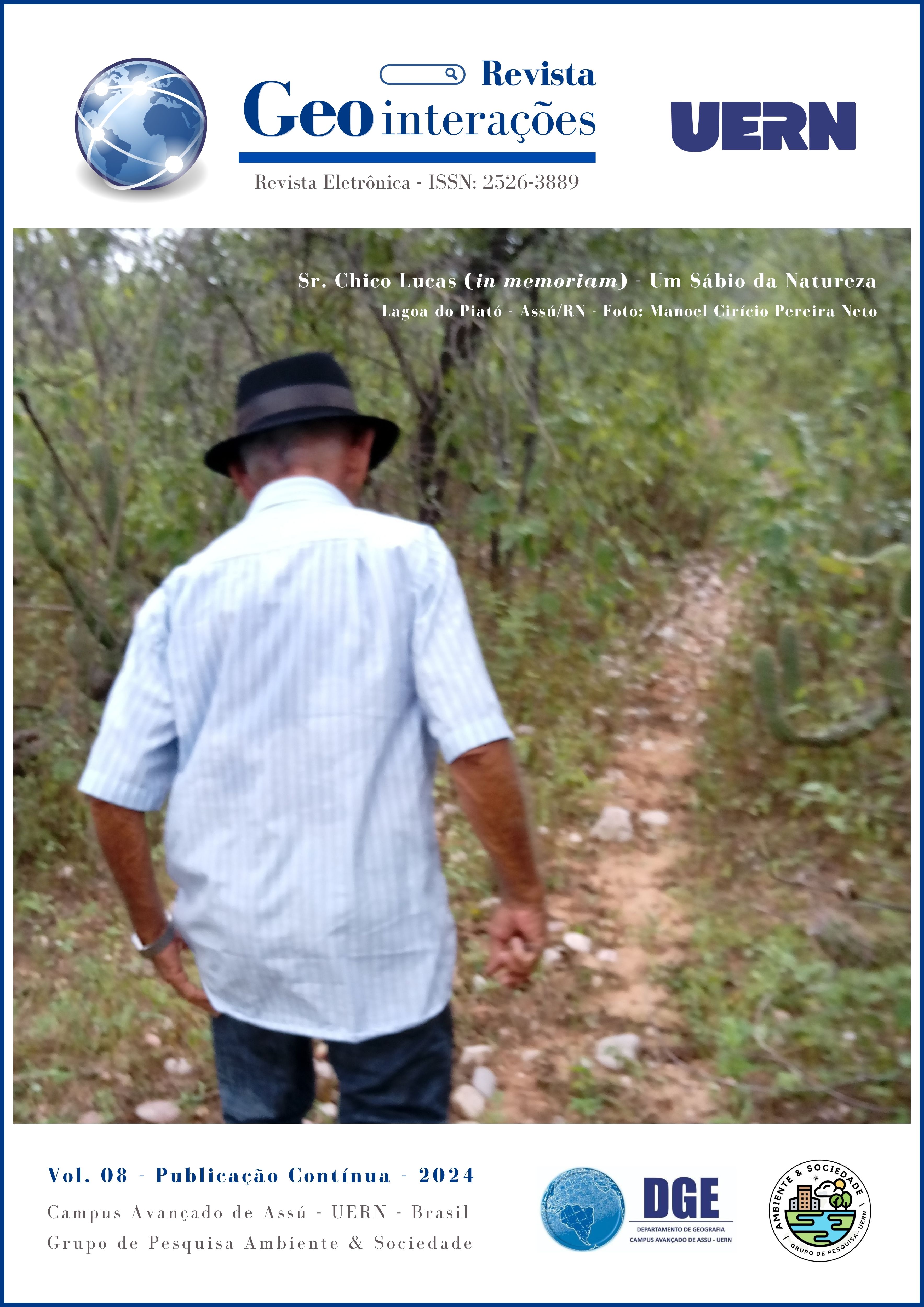FAMILY FARMERS, LIVESTOCK AND SUSTAINABILITY IN SAN JUAN DE ARAMA (META, COLOMBIA)
DOI:
https://doi.org/10.59776/2526-3889.2024.5735Keywords:
Sustainable development, Producer organization, Family farmingAbstract
Agriculture and livestock are considered contributors to the current socio-environmental crisis; at the same time, they are crucial for millions of people who derive their economic and food survival from them. The purpose of this article is to analyze locally exercised adaptation responses for sustainability by two organizations of small-scale livestock farmers: the Association of Livestock Farmers of San Juan de Arama (Agasanjuan) and the Association of Milk Producers Fénix del Ariari, located in San Juan de Arama, Meta-Colombia. A bibliographic review, analysis of statistical sources, and field research were carried out with the application of semi-structured interviews to 12 families linked to the referenced associations. Results show that families and producer organizations have built pathways to transition to sustainability, especially in the dual-purpose livestock system as the main agricultural orientation. Among these practices, we can highlight the isolation of forest areas for conservation, the implementation of arrangements in grazing systems, such as live fences, forage banks, as well as initiatives related to water management, such as livestock aqueducts. Finally, a process of diversification of family income and connection with other spaces and activities (ecotourism) was identified, indicating a variety of responses undertaken towards sustainability.
Downloads
Downloads
Published
How to Cite
Issue
Section
License
Copyright (c) 2024 Revista GeoInterações

This work is licensed under a Creative Commons Attribution-NonCommercial-NoDerivatives 4.0 International License.








